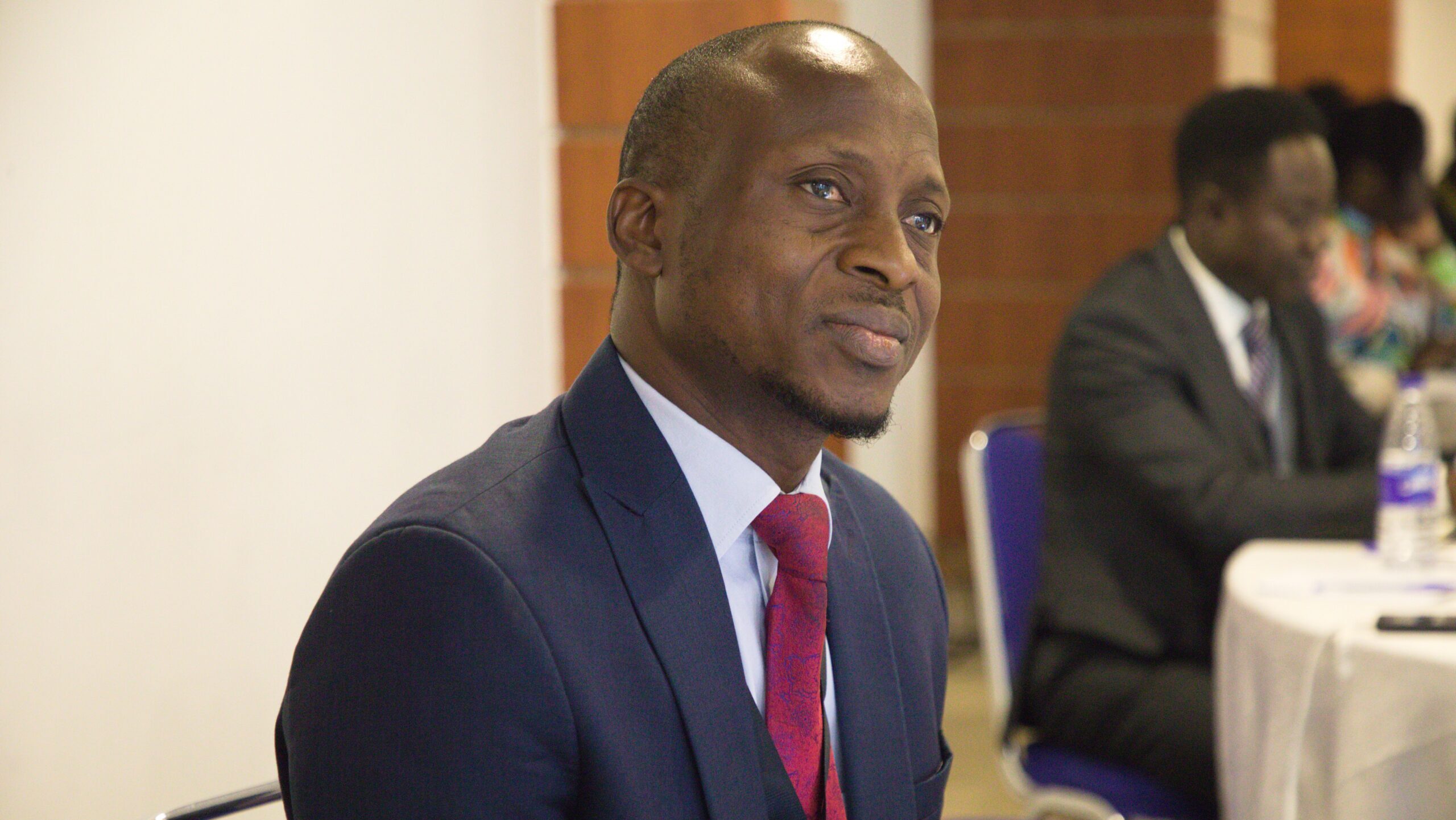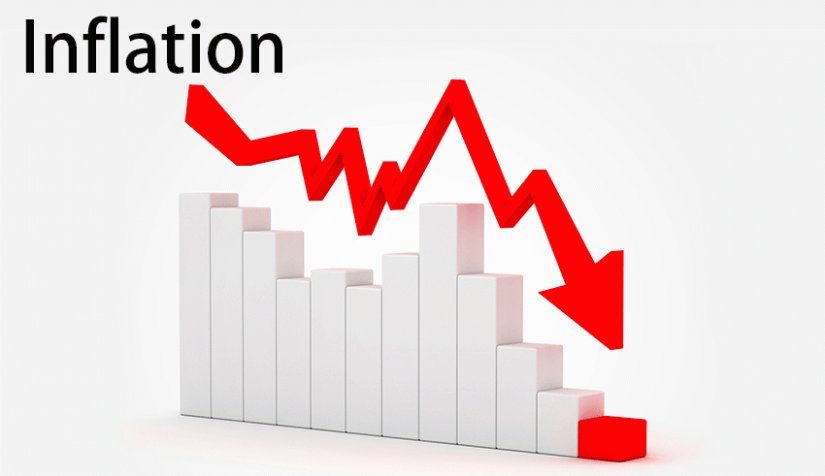
•Warn Nigeria risks falling behind
Fidelis David in Akure
A coalition of international and local civil society groups on Monday called on the Nigerian government to urgently integrate the experiences of frontline communities into national climate mitigation and adaptation strategies, warning the country risks falling further behind in its response to the escalating climate crisis.
The call was made at a validation workshop themed; “Amplifying Community Voices of Climate Change in Nigeria”, held at the Royal Birds Hotel and Towers, Akure, Ondo State, led by the Youth in Agroecology and Restoration Network (YARN) in partnership with NetHope and Nairobi-based tech organisation, Ushahidi.
Opeyemi Elujulo, the Executive Director of YARN, said the initiative aims to promote climate equity by ensuring the voices of those most affected by climate change, particularly women, youth and marginalized groups are heard, documented and reflected in policy formulation.
Elujulo, represented by the organisation’s Programme Manager, Oluwaseyi Olawuyi, noted that despite the increasing severity of climate impacts, the lived experiences of communities across the country remain largely missing from the national conversation.
“We engaged over 5,000 individuals during data collection across Oyo, Osun and Ondo States. Today’s gathering is to validate the data collected by our trained enumerators and ensure that the information truly reflects local realities so it can meaningfully influence policy and interventions.”
He explained the June open-session consultations revealed the depth of Nigeria’s climate vulnerabilities. “People really poured out their minds,” he said.
“In Ondo State, for instance, communities spoke about flooding, while others face prolonged drought. They recommended solutions like tree planting, climate-smart agriculture, community sensitisation and reducing single-use plastics.”
Olawuyi stressed the urgency of meeting global climate commitments, saying, “the Nigerian government should be sincere with the Paris Agreement. We are talking about 2030 and this is 2026, just four years. Nigeria is still far behind countries seriously working to mitigate climate impacts.”
He added that YARN will develop programmes that reflect the solutions preferred by communities and initiate solution-driven projects based on their recommendations.
For Aminat Adebayo, Climate Intersectional Spillage Coordinator at NetHope, the event highlights the gap between communities and policymakers. “One of NetHope’s key pillars is climate equity. Too often, the voices of vulnerable communities are underrepresented in decision-making rooms. This project ensures they are heard.”
Adebayo identified lack of proper climate understanding as a major obstacle. “It is sad that even among the educated, some still see climate change as something abstract or foreign. Meanwhile, community members clearly described how severely they are affected.”
She added that both government responsiveness and scientific translation remain weak. “Government must pay attention to community concerns. We need to bridge the gap between science and local action. It shouldn’t stop at talk; there must be real implementation.”
According to her, empowering local communities is essential to meaningful climate action. “They understand their problems and also know the way forward. Today, we heard them propose practical solutions. Government must enable them.”
Rhonda Omenya, Implementation Manager at Ushahidi, said her organisation partnered with YARN and NetHope to scale impact, saying, “We are mission-aligned. Our goal is to raise the voices of marginalized communities using data and technology. Together, we can amplify these voices more effectively than working separately.”
Omenya highlighted one of the project’s significant breakthroughs. “Through sentiment analysis, something rarely done in climate projects, we discovered that Nigerians are frustrated about climate change. It shows people are not only affected; they desperately want action.”
She said the findings present undeniable evidence for policymakers. “The people have said, ‘This is how we are affected, this is how we need support.’ It is not fabricated. This is what Nigerians themselves told us.”
Omenya emphasised that confronting climate change requires joint responsibility. “If Nigerians wait for the government to do everything, we won’t move forward. Communities, civil society groups and government must work together for genuine progress.”




